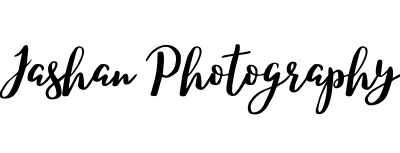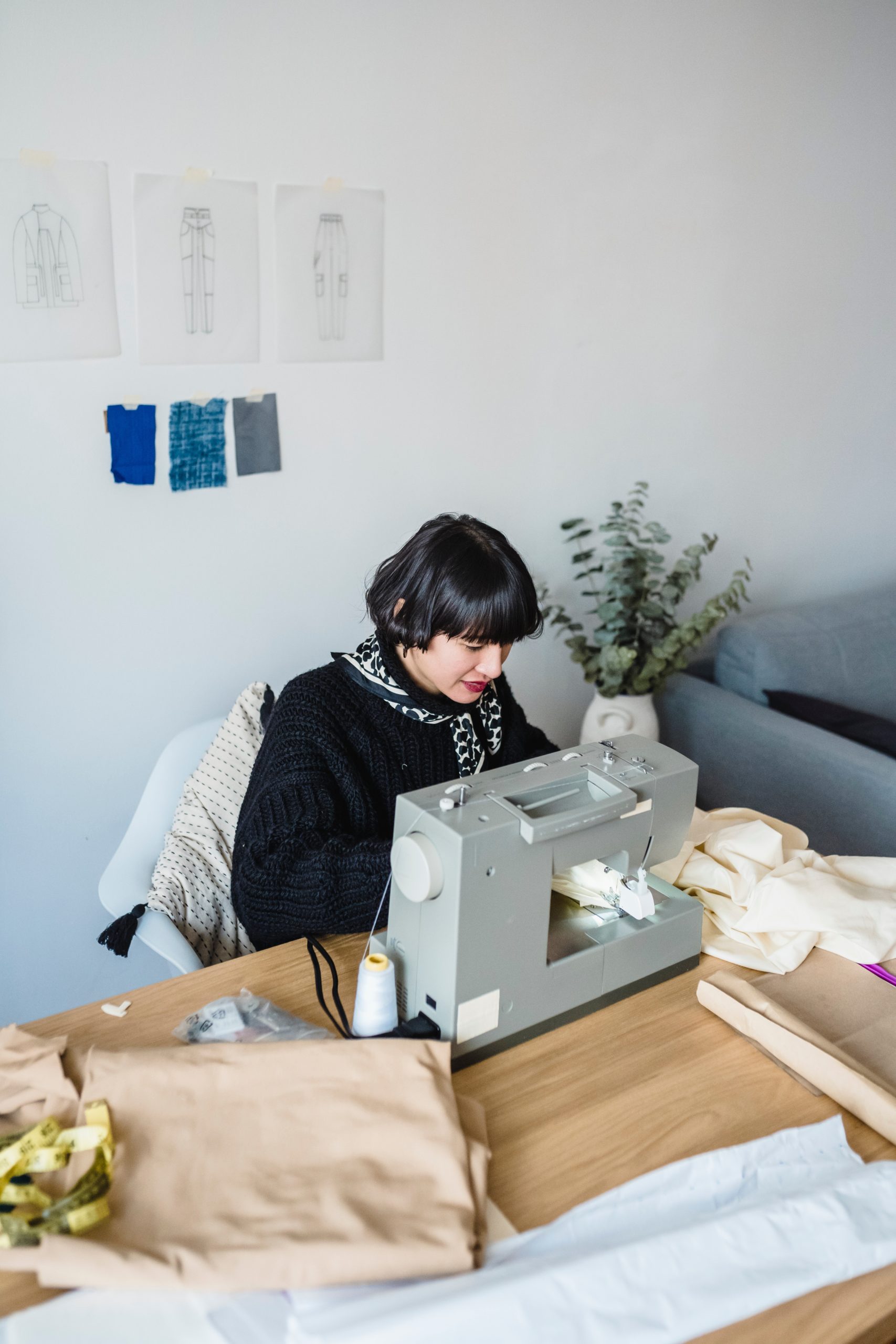A large number of built in stitches is the most important feature to look for. A larger number of built-in stitches means more options for your sewing projects. Besides, these machines are easy to maintain and repair, which is good for you, as they will last a long time. Ask a professional if you have any questions about heavy duty sewing machines.

An all-metal body is another feature that you should look for in heavy-duty sewing machine. For comfort and ease of use, a lightweight design is important. For example, the Janome HD1000BE is available in black, but it is also available in white if you prefer a lighter color. The JUKI TL 2000Qi, a heavy-duty machine with no plastic parts and an all-metal frame, is another good option. The JUKI model boasts an impressive sewing speed of 1500 stitches/minute and no plastic components.
A SFS feature may be available on heavy-duty sewing machines. This feature allows tailors to achieve unmatched stitching quality when using heavy-duty machines. Some machines also have feed dogs and speed controls sliders. Depending on the type of material and purpose of your sewing projects, a heavy-duty sewing machine should have all of these features. Before you buy, make sure to read the instruction manual A few features are important if you frequently use heavy-duty sewn best sewing and embroidery machine.
The price of a heavy-duty sewing machine depends on the features and specifications it offers. A decent machine may cost $300-$1000, while a higher-end model might cost $1,000 or more. It is also worth looking at the warranty offered, as the higher the price, the better quality it is. The Juki TL2000QI long arm sewing machine can stitch multiple layers of thicker fabric.
Another excellent heavy-duty machine is the Singer 770. This model is easy to use and features a decent working table built into the base. This machine also features an easy-to use motor with a speed of 2000 rpm and controls that are simple to use. You can even adjust the length of your stitches with the foot pedal. A heavy-duty sewing machine should also have an automatic needle threader. A heavy-duty machine allows you to sew thick fabric like canvas, denim, and sailcloth easily.
Your heavy-duty sewing machines should weigh around 14 or 20 pounds. Although heavier models may not be as portable, they can still handle your sewing projects without stalling or tipping. A heavy-duty machine will last for a long time and is easy to maintain. So, consider the weight of your machine when shopping for one. If space is limited, a heavier machine will be more practical. This will allow you to transport the machine easily.
Sewing machines that are heavy-duty and durable are great for frequent sewers. They are ideal for sewing through multiple layers of fabric because they have powerful motors. They are also more durable if they are well maintained. They are ideal for quilting and other heavy-duty projects, where you have to use multiple layers of fabric. You’ll be surprised by how much faster your projects will be if you use a heavy-duty machine!
You can get the best value by choosing a heavy-duty machine that suits your needs. A heavy-duty machine should be durable, so it will last longer and prevent skips. You should choose a machine with a metal or plastic case if you are looking for a heavy-duty sewing device. This way, you can expect it to be less likely to get damaged during transport. Also, the heavier the machine, the less likely it will skip stitches.
Singer 4432 is an affordable heavy-duty sewing machine. It is a versatile machine that can be used to sew buttonholes and zig-zags as well as decorative stitches. It has an all metal chassis and an automated needle threader. Singer 4452 has 32 in-built stitches, whereas the 4411 only had eleven. The 4452 comes with a large control panel and buttons for commonly used utility stitches.

